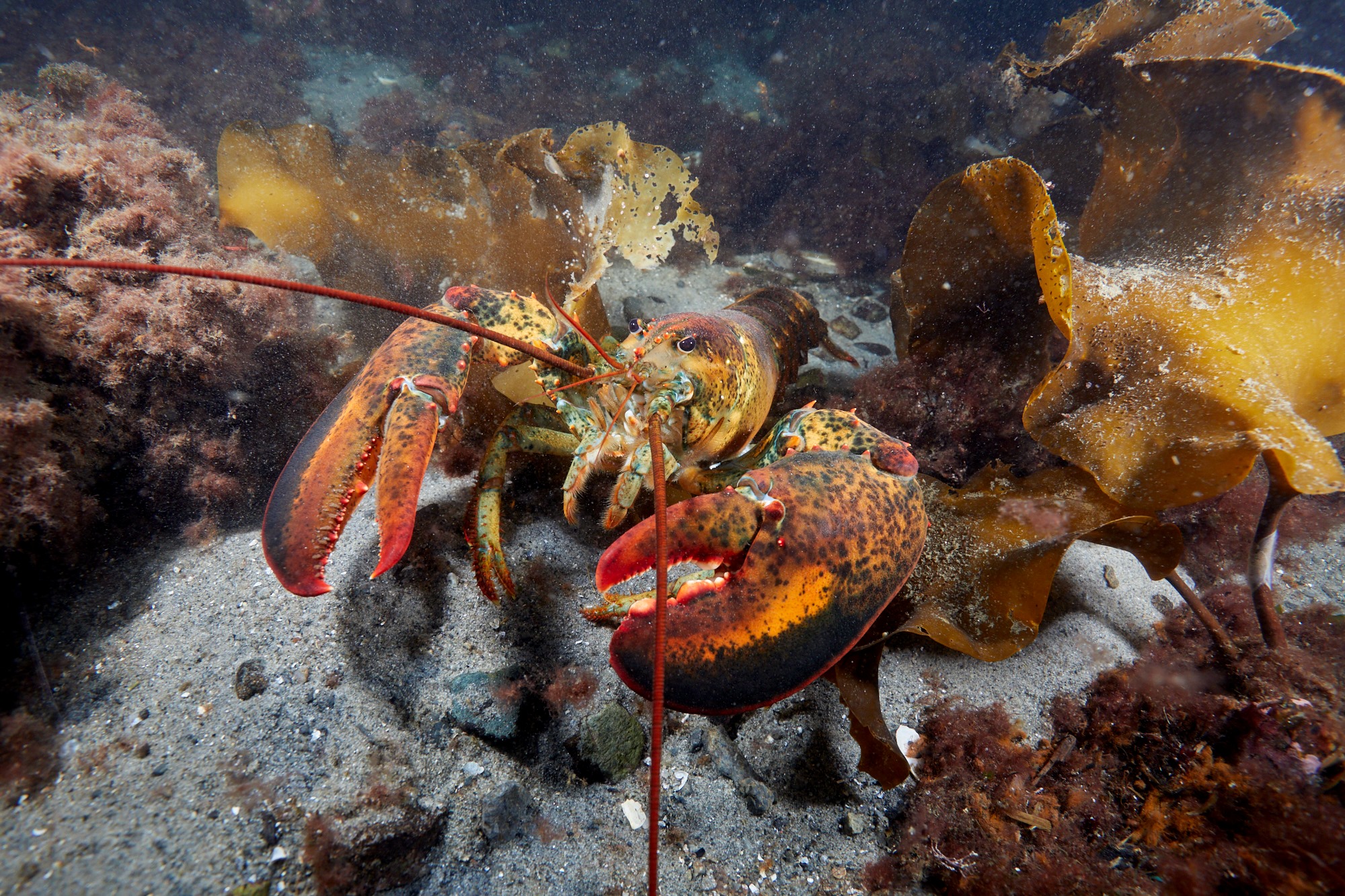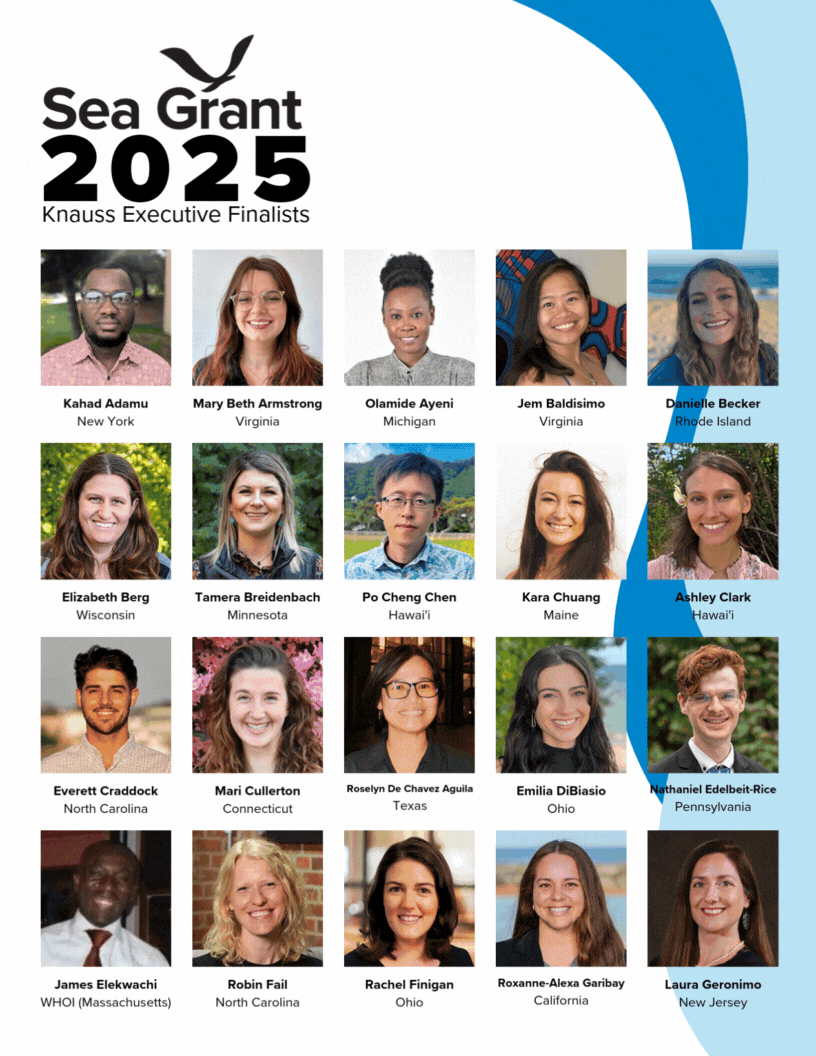By: Jessie Straub,
North Carolina Sea Grant Knauss Fellow,
Advisor to the Technical Director, Civil Works R&D,
Engineer Research and Development Center, U.S. Army Corp of Engineers
When I was going through Knauss Placement Week, I knew that no matter what office I worked for, I wanted to work on coastal resilience issues. I’m passionate about how coastal communities prepare for hazards and how they can adapt to become more resilient to future events. By applying my skills and knowledge during my Knauss Fellowship, I knew I could become a “force” for good. As part of an informal working group for 2020 Knauss fellows, FORCE (Fellows for Organized Coastal Efforts), I have the chance to do just that.
FORCE Knauss fellows work on coastal resilience in different capacities through their agencies’ host offices. My host office is the U.S. Army Corps of Engineers, Engineer Research and Development Center. As a fellow, I’ve been fortunate to work on coastal resilience programs and projects that align with my passions such as the U.S. Coastal Research Program, which is a combination of federal agencies, academics and stakeholders collaborating to develop a national coastal research program that addresses communities’ challenges. Some examples of other agencies FORCE fellows work within include the National Oceanic and Atmospheric Administration (NOAA), U.S. Department of Energy (DOE), Federal Emergency Management Agency (FEMA), and U.S. Fish and Wildlife Service (USFWS). The breadth of agencies represented by FORCE fellows truly shows the multidisciplinary nature and importance of coastal resilience.
Our goal is to exchange agency-specific knowledge, activities and priorities related to coastal resilience and identify opportunities for enhanced coordination among federal agencies and other partners. Additionally, the group serves as a platform for reducing the knowledge gap in coastal resilience-related topics within the larger Knauss Fellowship cohort. One of the objectives of the FORCE group is to have fellows present about their host office and agency, focusing on current coastal resilience activities, and opportunities for growth. These presentations are a unique way for fellows to learn from each other and make coastal resilience connections across agencies. For example, to understand how coastal resilience is defined by different federal agencies, each FORCE member had discussions with their host offices. We hope to use this knowledge to brief our mentors and identify opportunities for future collaboration in coastal resilience across agencies.
Additionally, the FORCE 2020 cohort initiative focuses on considerations of justice, diversity, equity and inclusion (JEDI) in coastal resilience. This initiative was developed to explore efforts within agencies and beyond to recognize JEDI considerations in coastal resilience work. We tackle this initiative by hosting coffee chats with working professionals that can speak to this. One of the coffee chats I was excited to organize was with Dr. Lori Peek, a professor in the Department of Sociology and Director of the Natural Hazards Center at the University of Colorado Boulder. I was fascinated to learn about Dr. Peek’s research on vulnerable populations, as disaster response is often an inequitable process, and how Dr. Peek has seen the practice of hazard preparedness, response and recovery evolve since Hurricane Katrina in 2005. In addition to expanding our professional networks, the coffee chats have helped us gain a wider perspective on coastal resilience issues and approaches.
To bring our efforts full circle, FORCE fellows will host an end-of-fellowship panel for the entire 2020 Knauss Fellowship cohort on JEDI considerations in coastal resilience. This event will be open to current Knauss Fellows and will strive to expose our organization to other potential collaborators or members in order to build a wider coastal resilience network. Our hope is that FORCE becomes a staple in future Knauss cohorts. We plan to pass on resources for future Knauss cohorts working on coastal resilience efforts for further collaboration. The idea would be for each FORCE Knauss cohort to focus on a specific initiative that the group will explore deeply and provide resources on to the larger Knauss cohort.
For me, FORCE has offered an opportunity to come together with fellows from my cohort who share common interests and goals. We were able to develop a “force” for good, which has been especially helpful as we navigate the fellowship virtually this year. I feel very fortunate to exchange ideas and understand different coastal resilience perspectives through FORCE, and I look forward to continuing to foster these relationships throughout my career.


